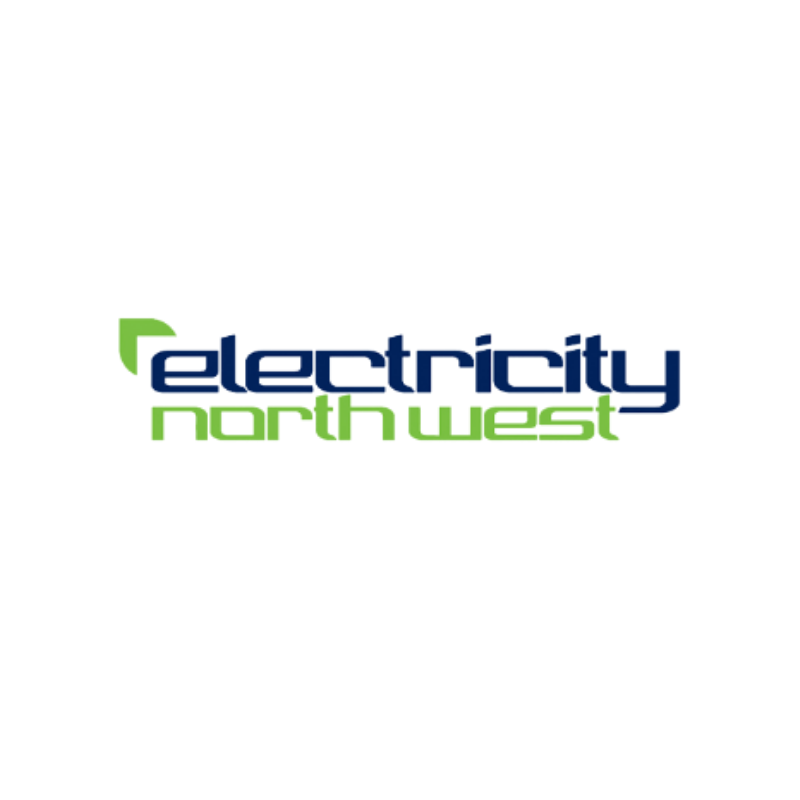In this blog we hear from Rachael Parr, Human Resource Director at Electricity North West.
Electricity North West won the award 'Best for Supporting Mental Wellbeing' at the recent Greater Manchester Good Employment Awards. Rachael explains how they recognised their employees support needs and implemented solutions to assist mental health during and after the government lockdowns.
What have you done to focus on your employees’ Mental Wellbeing?
We have continually focused on our Wellbeing Strategy to raise awareness and reduce the stigma of mental wellbeing. We’ve also committed to make a difference by including the strategy in our five-year business plan and by signing the Time to Change Pledge.
Our strategy and commitments have been clearly communicated and made easily accessible to our workforce of over 2,000 people. This has ensured consistent management of wellbeing, right across the business. We also trained colleagues to raise awareness of the issues as well as increase their own personal resilience and management skills. This year our focus is on our Health and Safety Executive wellbeing standards, to understand and manage stresses at work.
Everyone has mental health, just like we have physical health, so our employees’ mental health is just as important and our wellbeing purpose reflects this.
“Our wellbeing purpose is for you to go home tonight as healthy and as happy as you were when you arrived this morning – if not better.”
How have you engaged with your employees?
Part of our approach has been to lead from the top by assessing our leaders’ interpersonal awareness, including empathy development and relationship building. We have ensured transparency and regular communication with our colleagues through our internal communication channels to demonstrate our purpose and principles.
We’ve ensured our intranet has been refreshed and regularly updated with new in-depth content on health and wellbeing. But we’ve also made sure to involve our colleagues at all levels directly. Our wellbeing champions continually provide feedback and recommendations from colleagues to the senior teams to ensure everyone is listened to and we’re constantly improving. We also hold annual focus groups with our executive sponsor to understand colleagues’ views on wellbeing.
How did Electricity North West overcome the challenges of the pandemic, while ensuring practice wasn’t impacted?
We introduced our wellbeing centre in partnership with Mates in Mind. We introduced Microsoft Teams to enhance communication and engagement, provided regular updates and carried out colleague surveys on flexible working and engagement and wellbeing. We also provided regular communications on a number of wellbeing topics including: -
- Maintaining good mental health while working at home
- Manager guidance on managing remotely
- Building personal resilience
- Coping with anxiety and stress during the pandemic
- Managing feelings of anxiety and loneliness
- Guidance for managing stress
- Looking after physical health
- Checking in with others and taking time to talk
- Recognising loneliness and isolation
- Looking after your financial wellbeing
What results have you seen from your focus on Mental Wellbeing at Electricity North West?
Over the last two years we have actually seen absence levels relating to mental health increase. We view this as a positive as it demonstrates that it’s seen as more acceptable to acknowledge that you are unwell due to mental health and people are more comfortable to say that’s the reason. We also saw an increase in calls to our employee assistance programme (EAP) from 3% to 10%.
In our recent employee survey we found that 70% of colleagues are confident to talk about their mental health with their line manager. As a result of colleagues working from home, 85% of our employees told us that they were more satisfied with their work and 51% felt more productive.
